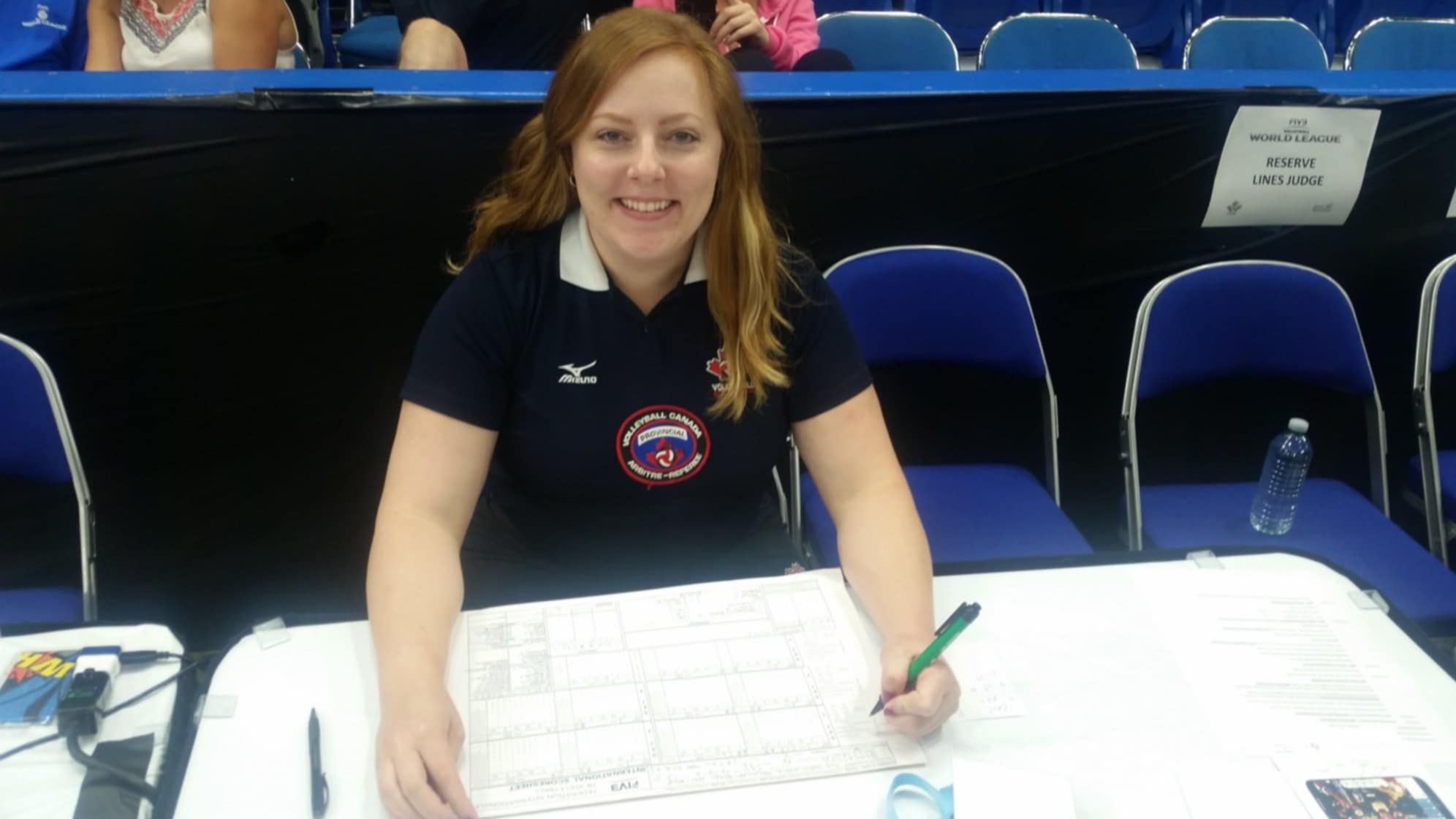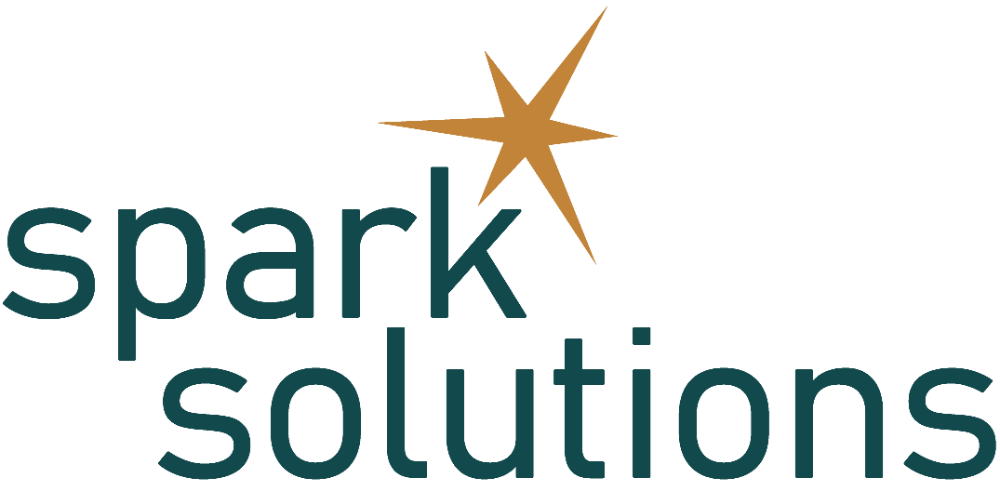More Than a Whistle: It's Time to Redesign the Sport Official's Experience
Jun 01, 2022
My competitive volleyball career had ended, and while I’d dabbled in coaching, it hadn’t stuck. But I wasn't ready to leave the sport I loved. So, in 2011, I picked up a whistle. I discovered a new, fascinating side of the game, and as a university student, the pay didn't hurt. I fell in love with being an official—with the challenge of ensuring fairness, the thrill of a courtside view, and the joy of sharing the game with a new generation of passionate athletes.
But I also discovered the darker side of officiating. The culture surrounding officials can be relentlessly negative. A single perceived error can unleash a torrent of criticism. Harassment and abuse from coaches, athletes, and spectators are far more common than they should be.
Lately, our sector has been engaged in a critical and long-overdue conversation about safe sport. We talk about making sport safe, welcoming, and inclusive for athletes. But too often, we forget that the person holding the whistle is a participant, too. Officials are majorly overlooked in our safe sport framework.
As a passionate official and a sport professional, I am committed to changing this. I've had the privilege of working on two recent projects that offer a blueprint for how we can begin.
Model 1: Formal Collaboration (Saskatchewan Soccer)
Since April, I’ve been working with four distinct organizations in Regina—Saskatchewan Soccer, FC Regina, QC United, and the Regina Soccer Referees Association—to do something new: formalize a collaborative relationship to systemically develop officiating in the city. We are building a shared development plan with clear targets for recruitment, development, and retention.
This work moves the relationship from a series of informal agreements to a structured partnership where everyone shares responsibility for the health of officiating.
What your organization can learn from this: Stop working in silos. At the club level, this means asking if your relationship with your local officials' association is based on a last-minute phone call or a genuine partnership. At the provincial or national level, this means asking if you are actively facilitating these partnerships across your jurisdiction. Could you create a template MOU to empower your member clubs, or provide funding to incentivize collaboration? Moving from informal agreements to formal, resourced partnerships is how systemic change happens.
Model 2: Deep Listening (Ontario Sport Network)
My second project is part of a larger provincial strategy with the Ontario Sport Network. My role was to plan and facilitate five focus groups with over 90 officials across 29 sports, with one simple goal: to listen. We asked them about the real barriers they face and, crucially, for their ideas to fix them. The insights were powerful, and their ideas—both big and small—now form a robust report that will inform the provincial strategy.
What your organization can learn from this: When was the last time you systematically asked your officials for their solutions? At the club level, this could be a simple town hall or an anonymous survey asking "what is one thing we could do to improve your experience?" At the provincial or national level, this means conducting regular, system-wide research and—most importantly—sharing those findings and best practices back to your members. The act of asking is a powerful first step, but the act of listening and responding is what builds trust.
What You Can Do Now
These projects reveal a clear path forward. To build a better experience for officials, we must:
- Value their contribution, and invest accordingly: Officials are not just service providers; they are essential participants in the sport experience. Like athletes, they require development, support, mentorship, and protection.
- Build formal partnerships: Move beyond informal agreements to create shared, accountable systems for official development.
- Co-design solutions with them: Ask officials for their ideas and give them a central role in designing the programs that affect them.
- Take a stand on abuse: Enforce a zero-tolerance policy for the harassment of officials. This is a non-negotiable part of safe sport.
In 2019, I stepped away from the referee stand. After working with all of these passionate officials, I admit I miss the whistle. But for now, my contribution will be to continue this work—to help build a sport system where the official's experience is valued, protected, and celebrated.
Changing the culture of officiating is complex work that requires skilled facilitation and a strategic approach.
If your organization is ready to move beyond complaining about the official shortage and start building a sustainable and respectful environment for your referees, umpires, and judges, I can help. Let's talk.
Stay connected with news and updates!
Join our mailing list to receive the latest news and updates from our team.
Don't worry, your information will not be shared.
We hate SPAM. We will never sell your information, for any reason.

